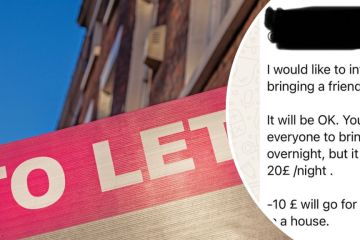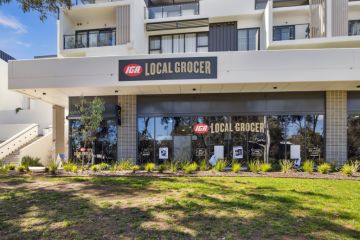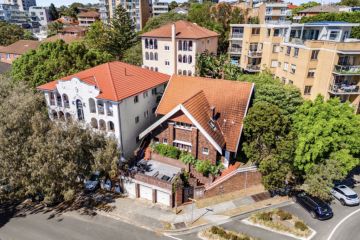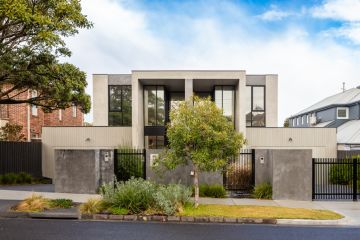How our energy efficient homes are a breeding ground for COVID-19
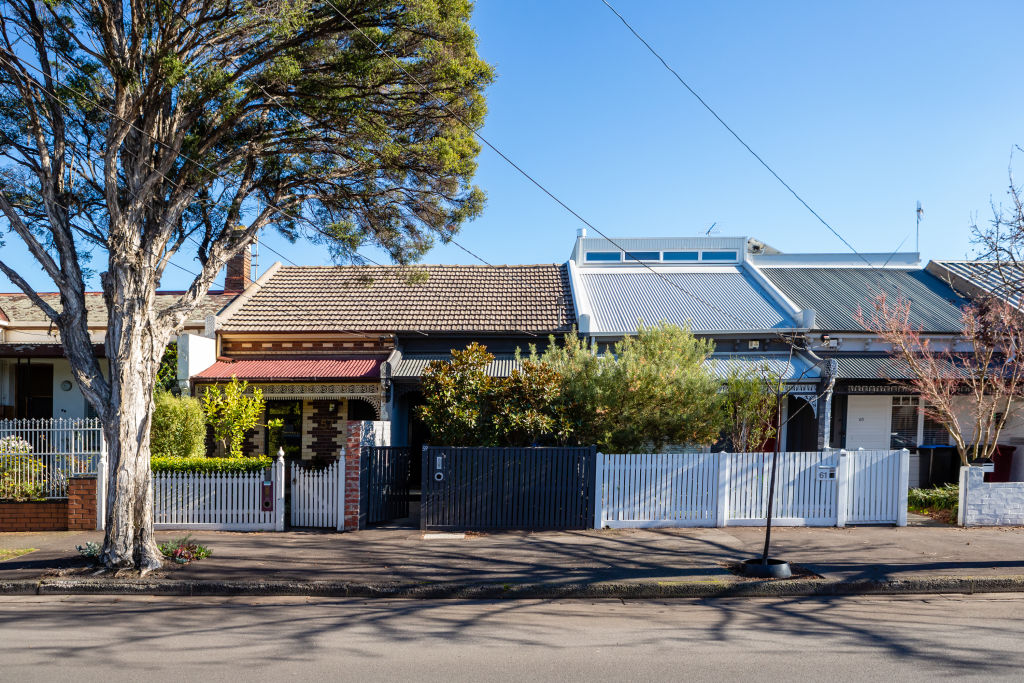
Home building regulations need an urgent overhaul as the modern construction of air-tight homes to improve energy efficiency is providing the perfect environment for the spread of COVID-19 through families, experts say.
Many homes now have inadequate natural ventilation and little air circulation, which can prove deadly when one household member or visitor comes down with the Delta variant.
“We’re already moving to try to make changes to the regulatory suite, but unfortunately, the Australian Building Codes Board haven’t been so quick off the mark,” said Professor Geoff Hanmer, a member of the global expert team on buildings and disease, the International Code Council’s pandemic task force, and an academic with the universities of NSW and Adelaide.
“Before, they said there wasn’t enough evidence that COVID-19 was airborne, so they didn’t need to do anything. Now, there is a huge amount of evidence, so there’s a requirement for them to do something. But a change in the rules for the future will still do nothing for the 99 per cent of the housing stock that are existing buildings.”
For those homes, the only real solutions are opening windows and doors to make sure there’s plenty of fresh air to dilute any viruses, he said, and to bring in air purifiers – particularly ones with HEPA (High-Efficiency Particulate Absorbing) filters that remove large viruses and bacteria.
“Air purifiers are valuable because they’re one of the few ways of reducing the risk of cross-infection,” said Professor Hanmer, as he sat with one at his desk, with his wife sitting with another in a different room. In her role as a teacher, she had been a contact of a positive case.
“It can be difficult otherwise to improve the quality of the air without making conditions uncomfortable. But the major risk of cross-infection is in apartment buildings with their common areas and lifts. You often can’t prop doors open to improve the circulation of air, and it could be a good idea to plug in air purifiers in lifts.”
With the original form of coronavirus, it was enough for an infected family member to be isolated in one room to protect everyone else. “But with Delta, it’s highly unlikely that will help at all,” said Professor Bruce Milthorpe, former dean of science at UTS.
“It’s good to have air cleaners if someone is out doing a job that could expose them to the virus and then coming back home. Those with HEPA filters are good for reducing the viral load, and keeping windows open is a good idea. That may compromise the energy efficiency, but everything is a compromise these days.”
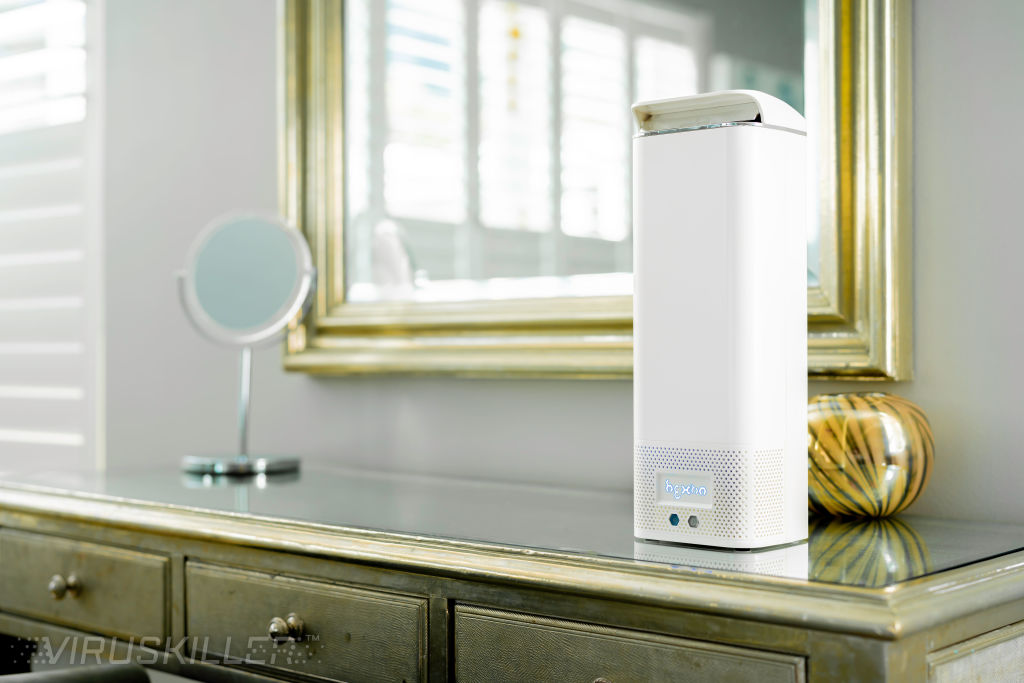
There has been work already on outlining measures to improve air quality in workplaces, aged-care homes, schools and shops, but up until now, little attention has been focused on people’s homes.
At the Master Builders Association of NSW, executive director Brian Seidler said this should now be considered. “We’ve been building houses that are better insulated, and you don’t get draughts, so there’s no ventilation because it’s all about keeping a house warm or cool,” he said.
“But now, with the approach of COVID, it needs to be more about ventilation and air circulation, and that’s even more applicable with apartments. There, sometimes you can’t even open windows much because of safety concerns, and you’re sitting with airconditioning recirculating bad air. It’s a significant issue that needs thought.”
At Master Builders Victoria, CEO Rebecca Casson says she welcomes robust policy discussions about building regulations that address areas for a better-built environment for the community, but it can be problematic.
“For example, achieving better ventilation may conflict with objectives for better energy-efficiency performance such as tighter building sealing that becomes more dependent on mechanised airflow systems,” she said. “As governments grapple with the new COVID-19 policy challenges, MBV will continue to contribute to the discussion on these types of critical issues.”
In the past, some volume home builders have introduced features that include better quality air in houses. Simonds Group, for instance, has partnered with air purification systems maker Delos to provide an upgrade option for filtering air in their homes.
“It’s just a general air purification system, and the partnership was developed before COVID came along,” said Simonds national marketing manager Regan Bembridge. Delos didn’t return calls.
Another developer of HEPA air purification systems for commercial spaces is launching its new offering in Australia on September 13 for residential homes. Distributor Rentokil claims independent tests show the Radic8 Viruskiller kills 99.9999 per cent of coronavirus in the air. Tests are about to be undertaken locally by UTS.
“With air purifiers, if they don’t have a HEPA filter, they’re not worth buying,” said Professor Hanmer. “There’s not good evidence for ionisers. It wouldn’t surprise me either if people started buying CO2 monitors to test the quality of air.
“But these are all short-term measures. Long-term, we need changes to the building code.”
We recommend
We thought you might like
States
Capital Cities
Capital Cities - Rentals
Popular Areas
Allhomes
More
